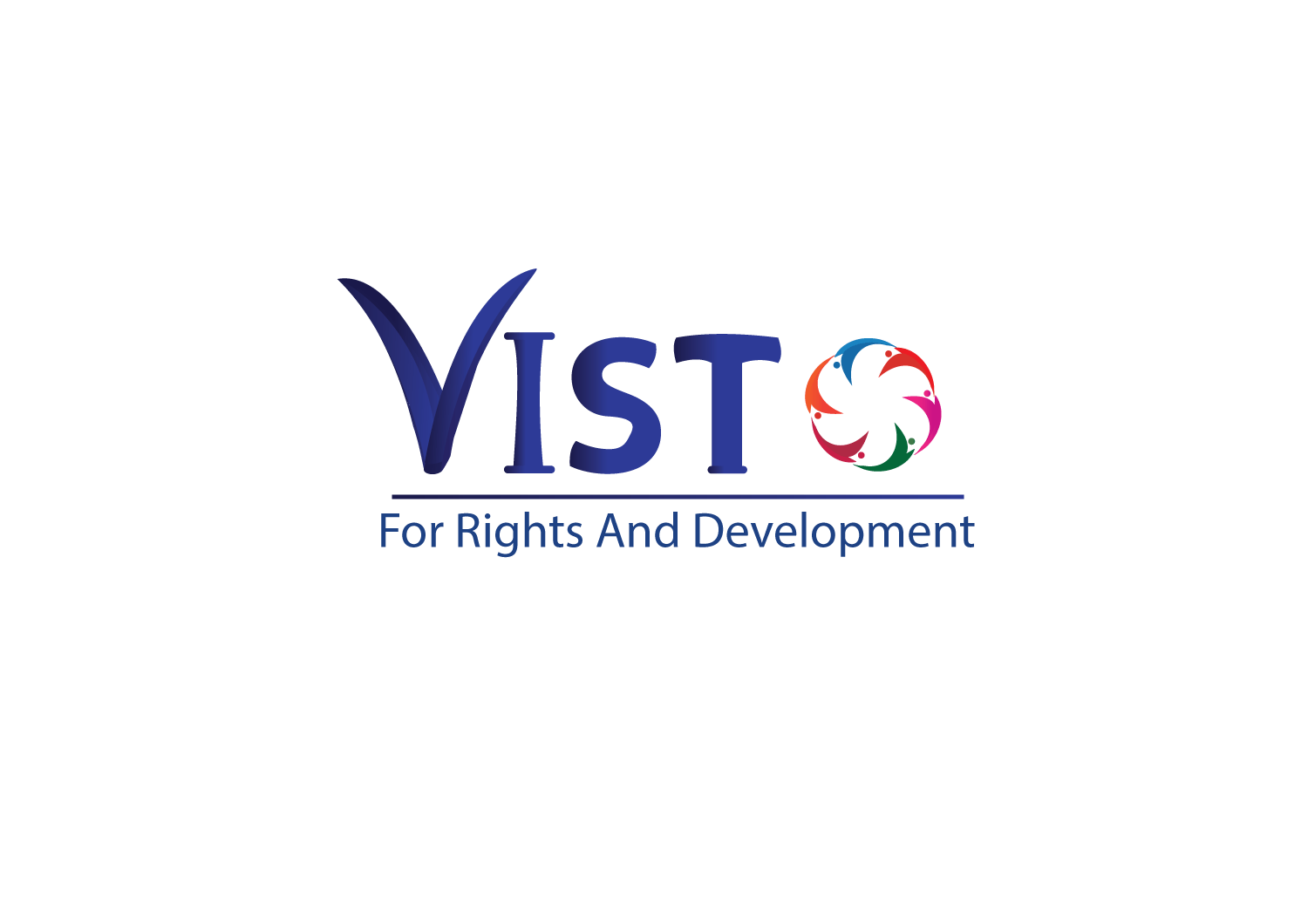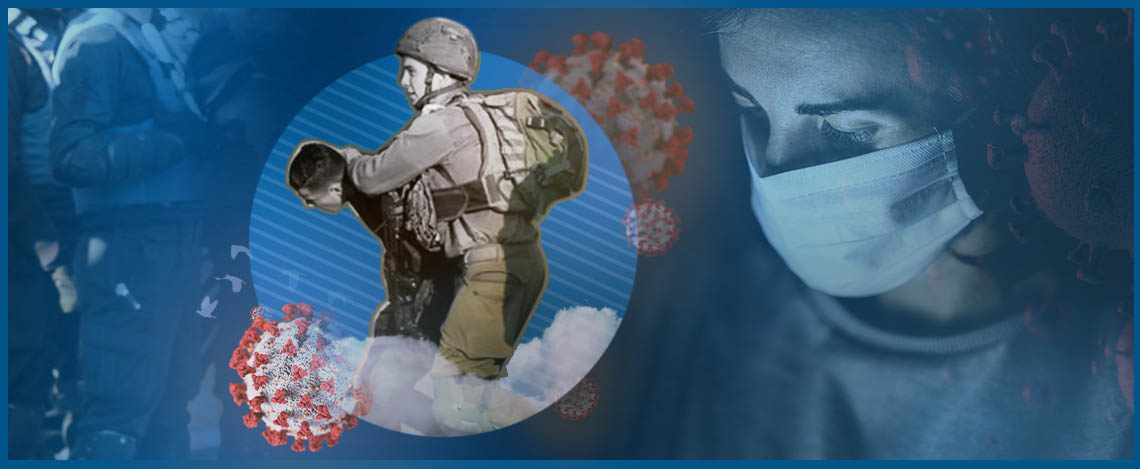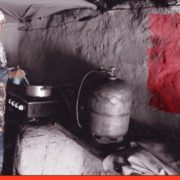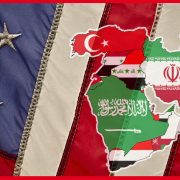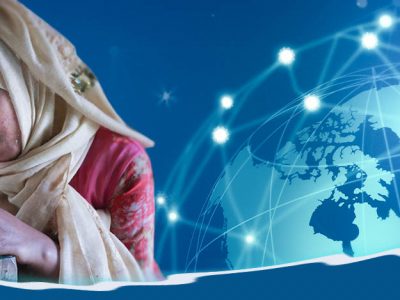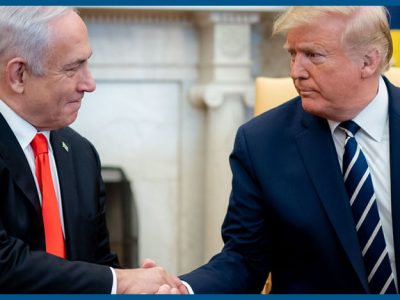Introduction
As the world’s plunging into a months-long global health crisis caused by the spread of the novel Coronavirus (or COVID-19), the number of people contracting the virus has exceeded two and a half million, and the death toll has already passed 170,000. Classified by the World Health Organisation as a pandemic, Covid-19 has not spared any race, gender or religious group.
Recent history has not been without diseases or epidemics that led to the loss of millions of lives. The Spanish Flu of 1918, for instance, claimed more than 50 million people. Other pandemics include the Asian Flu of 1957 and the Russian Flu of 1977. While these have caused different health, economic and social crises, all have left a tremendous impact on human rights.
The universal human rights system has developed several rules to deal with exceptional cases, such as the spread of pandemics. Human rights norms are not a luxury for times of prosperity and peace. Rather, they include rights’ protections within exceptional circumstances where abuse of human rights becomes usually normalised.
This article discusses the human rights implications of the current Covid-19 crisis, in regard to the application of the Emergency/Defense Law in many countries, which allows the state to restrict certain rights.
The article also looks at Covid-19’s implications on the guarantees that must be provided by states in such circumstances. In particular, the article looks at the rights of persons infected with the virus, as well as the rights of workers in light of the current and post-crisis changes resulting from Covid-19.
Emergency Law and Human Rights: legal and illegal restrictions
Many countries around the world have already enforced Emergency Law in an attempt to contain the outbreak of the virus, effectively enabling the executive authorities to suspend laws that may hinder their operation in light of the exceptional circumstances surrounding the outbreak.
Some of the exceptional measures could include curfews, restrictions on freedom of movement and banning of many activities to combat the spread of the pandemic. But the scope of such restrictions should be as narrow as possible, and should not affect the civil and political rights of citizens.
International law and many international treaties and instruments, including Article 4 of the International Covenant on Civil and Political Rights, have allowed for the restriction of certain rights of individuals in states of war, and in cases of pandemic outbreaks, natural disasters, or other exceptional circumstances that threaten the life of the nation and societal peace.
The restrictions on freedom of expression and peaceful assembly, among others, are limited, not absolute, so the restrictions must be “legitimate, proportionate, and necessary”
Now that such laws are applicable to the current situation, certain rights may be temporarily restricted. Examples include the right to freedom of expression and the right to assembly for legitimate purposes.
However, neither should those restrictions affect the essence or nature of the rights accorded to individuals, nor should they compromise the rights provided for in the second paragraph of Article 4 of the International Covenant on Civil and Political Rights, especially the right to life and the right not to be subjected to torture.
The restrictions on freedom of expression and peaceful assembly, among others, are limited, not absolute, so the restrictions must be “legitimate, proportionate, and necessary” in order to meet the general needs for which the state of emergency has been imposed.
Beyond this, limiting freedom of expression is a violation of rights and freedoms. Also, the state’s obligation to prevent rumours and lies should not be confused with preventing press content or publications that are based on facts, since they are essentially protected under human rights legislations, even in times of emergency.
The Universal Declaration of Human Rights states in Article 2 that individuals are subject to the restrictions imposed under emergency law, provided that fundamental rights are not violated. Several regional agreements have also touched on the concept of a state of emergency, including Article 27 of the American Convention on Human Rights, and Article 15 of the European Convention on Human Rights.
The key message to get across here is that the application of the state of emergency may not be invoked to evade other obligations related to international human rights law.
The right to health and the rights of people infected with Covid-19
The right to health is enshrined in the Universal Declaration of Human Rights as well as in the International Covenant on Economic, Social and Cultural Rights (ICESCR).
The declaration stipulates the right to health care, the right to information and the prohibition of discrimination, including discrimination in the provision of medical services. Under the third goal of the United Nations 2030 Sustainable Development Goals (SDGs), countries must “ensure healthy lives and promote wellbeing for all at all ages.”
In light of this, many countries have taken measures to limit the spread of the pandemic, such as quarantines, and screening of arrivals at airports and border crossings, in addition to spreading educational information on health-related issues, including, inter alia, measures to take to prevent the transmission of the virus between individuals.
The state’s failure to provide adequate protection for individuals from preventable damage or pandemic-related effects is, in my view, a violation of human rights. This means that countries which prioritised saving the economy over protecting individuals’ rights are responsible for this human rights violation, which caused an increase in the number of virus cases and deaths.
Regarding infected individuals’ right to health, it is important to distinguish between the right to obtain information, and the state’s obligation to maintain the confidentiality of personal information for persons infected with the Coronavirus.
Publishing names and personal information is considered a violation of human rights, as it could have a negative impact on the infected and their families. It could lead to social stigmas, bullying or discrimination against them.
ٍState’s duty is not limited to respecting human rights, but rather extends to ensuring the protection of individuals and groups against human rights abuses
Therefore, the right to obtain information appears to be a double-edged sword in this pandemic. On the one hand, it is the duty of the state to openly and publicly disclose the number of casualties and the measures taken to control the spread of the pandemic. At the same time, the state should prevent the spread of rumours regarding the number of patients or publishing their personal information without proper justification.
One point to make clear however is, the state’s duty is not limited to respecting human rights, but rather extends to ensuring the protection of individuals and groups against human rights abuses.
For example, the state has a responsibility to ensure respect for human dignity, including the dignified burial of people who died of Covid-19. The state is also responsible for protecting patients and foreign citizens ‒ especially from East Asian countries and China ‒ against bullying. This falls under the state’s obligation to prevent hate speech and rhetoric as forms of racial discrimination.
The economic impact of the crisis and the right to work
The crisis has already had a major economic impact across the world, and the full extent of the damage is yet to unfold. A large number of workers in various sectors lost their jobs as a result of the negative repercussions of the crisis on countries’ economies.
The initial estimates by the International Labour Organisation (ILO) is that nearly 25 million employees will lose their jobs due to the outbreak of Covid-19. In addition, a large number of workers have already started to demand their rights of remuneration and protection from arbitrary dismissal. Workers in the informal labour market (or day labourers) are most affected by the crisis.
The state has a duty to protect the rights of workers, and to provide social security under Article 22 of the Universal Declaration of Human Rights, which states that: “Everyone, as a member of society, has the right to social security.” The state should take the necessary measures to deal with the economic consequences of the pandemic, such as protecting workers from employers’ infringement of their rights, by stating a clear mechanism for collecting wages during work suspension or remote work.
In addition to monitoring labour complaints and working to register workers’ names so they can claim their rights through local litigation mechanisms, the state should also conduct studies on the affected sectors and support them so they are able to secure workers’ rights. The state should also establish a contingency fund, providing either interest-free or low-interest loans so that the affected groups are able to navigate through the crisis.
Another issue is the direct impact of the pandemic on the work environment. The crisis has changed the concept of the workplace, as individuals no longer need to be physically present to carry out their job duties and, where possible, are transitioning to remote work using the internet. This change requires the state to legislate new laws and amend existing ones to adapt to the new work environment.
The post-Coronavirus world and human rights
The post-crisis world will be drastically different to how it used to be prior to the outbreak of Covid-19. Averting these waves of change is no longer an option. Speaking of human rights, it is necessary to note that the future role of the United Nations bodies and the World Health Organisation as coordinating bodies at a world level will gain more currency.
Since the crisis has penetrated all countries around the world, global solidarity has become a must. One way this solidarity is translated is through the UN as an essential player in managing the crisis. Its credibility, coordination and supervisory role in managing the crisis at the global level will have a direct reflection on the role of the relevant UN bodies as non-state actors.
By virtue of the need to coordinate globally to confront this pandemic that has swept all countries, the UN helps provide a more effective response. This is also a reminder of the responsibility and the significant role the relevant UN bodies play in promoting and protecting human rights in such times of adversity, and also in directing countries on the limits of their restrictions of individuals’ human rights.
Visto International bears no responsibility for the content of the articles published on its website. The views and opinions expressed in these articles are those of the authors and do not necessarily reflect the official policy or position of the Organisation. All writers are encouraged to freely and openly exchange their views and enrich existing debates based on mutual respect.
